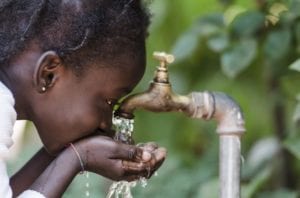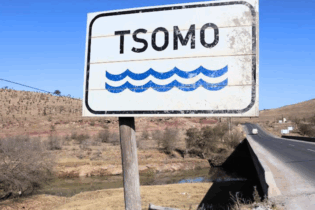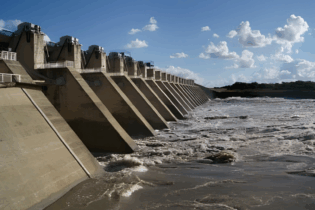Drought-stricken communities in the Eastern Cape are set to benefit from an innovative mobile water generation project launched by World Vision South Africa, and funded by the Bill Ford Better World Challenge, the Ford Motor Company Fund and Ford Research and Advanced Engineering.
The Better World Challenge gives employees and non-profit organisations (NPOs) worldwide the opportunity to address critical concerns in their communities such as food, water, shelter and mobility, and to develop sustainable solutions to improve the quality of life for people in need. World Vision South Africa is a winner of the 2018 Bill Ford Better World Challenge and was awarded a grant of $200 000 (approximately R2.8-million) for its pioneering concept to address the devastating drought affecting the Eastern Cape. Additional funding to the value of $130 000 (around R1.9-million) was awarded by Ford Research and Advanced Engineering. For this program, the grants have been used to acquire an innovative Watergen water-from-air solution, imported from the US, which extracts clean and fresh drinking water from the air in an energy-efficient manner.They will also cover the operational costs of the project.
“We are delighted to officially launch this innovative project, thanks to the generous grants received from the Bill Ford Better World Challenge, Ford Motor Company Fund and Ford Research and Advanced Engineering,” says Chikondi Phiri, Officer in Charge, World Vision South Africa. “The Eastern Cape has been severely impacted by drought in recent years, and the poorest communities are the hardest hit. Accordingly, the project will primarily focus on assisting schools, clinics and Early Childhood Development Centres (ECDs), as well as households where the need is greatest,” Phiri states. According to World Vision SA, over the next two years the project will assist many of the 79 schools located in Uitenhage and KwaNobuhle, and will benefit at least four clinics in the area. A total of 50 ECDs will be assisted, along with an estimated 3 400 households.





